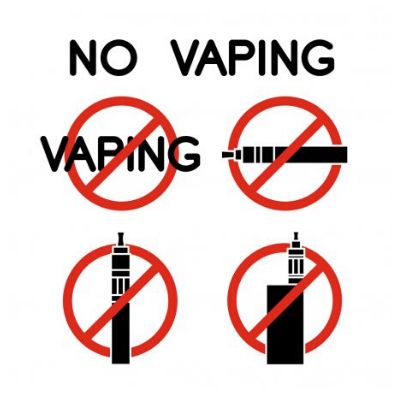Statistics about vaping
After years of declines in smoking, teen vaping has reignited nicotine use among adolescents. Last week, the Journal of the American Medical Association published a study indicating that nearly 28% of high schoolers and 10% of middle school students report current e-cigarette use (comparatively, that’s equivalent to the cigarette smoking rate among high schoolers nearly 20 years ago). That’s up from just 1.5% of high schoolers in 2011 and 11.7% in 2017.
In addition to the damaging effects of nicotine on adolescents’ cognition, mental health, and risk for further addiction, more than 150 young people under 18 have been sickened by vaping-related lung problems.
Lecturing doesn’t work
It’s clear that vaping is a fast-moving problem with consequences for adolescent health and well-being. Any efforts to stop or reverse this trend need to start with an understanding of what makes health behavior interventions more likely to work for this age group.
Traditional programs to encourage healthy behavior by increasing awareness of the harmful consequences are not always effective and can even be counter-productive during adolescence. One reason may be that when adolescents hear adult messaging about what they “should” do to lead a healthier life, they can hear these messages as demeaning—at a point in development when they are particularly sensitive to these feeling respected.
How to effectively talk about vaping with teens
Adolescents often already know that certain behaviors are bad for their health, which may be part of the reason why simply TELLING them what they already know can come across as insulting and disrespectful.
Interventions that DO work often harness adolescents’ heightened desire for respect and status. For example, the very effective “Truth” antismoking campaign succeeded by presenting NOT smoking as a way to express independence from manipulative tobacco companies. One effective healthy eating program similarly framed healthy food choices as a way to rebel against corporate control and stand up to injustice.
If we can find ways to convey health information in ways that authentically honor adolescents’ natural motivation to feel admired and respected instead of just lecturing, we’re more likely to have a positive impact on the rapidly emerging vaping epidemic.
Read more about adolescents and respect here.



